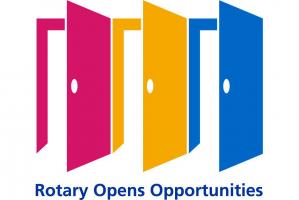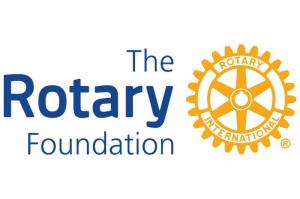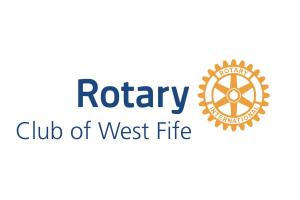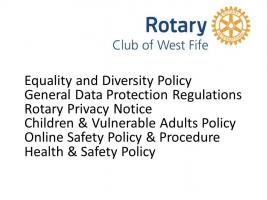British Divers Marine Life Rescue
Tue, Jul 9th 2019 at 6:30 pm -
Guest speaker will be James McKenzie
The guest speaker was James McKenzie from British Divers Marine Life Rescue. He is a marine mammal medic, his talk was fascinating and he revealed how to calm stress in whales by talking to them!
UK based international marine mammal rescue organisation.
45 units around Britain. Global lead authority on marine mammal rescue. The Fife unit is busiest in Britain, only Cornwall is busier.
Rescue the following:-
Harbour Porpoise timid animal up to 2 metres on length.
Common Dolphins up to 2.5 metres 200kg.
Atlantic White Sided Dolphin up to 2.7 metres, 200kg.
White Beaked Dolphin up to 3.1 metres, 350Kg
Bottlenose Dolphin up to 4 metres, 500Kg
Long Finned Pilot Whale up to 6 metres, 3.5 tons (most commonly stranded species).
Orca / Killer Whale up to 9.8 metres, 9 tons
Sperm Whale up to 20.5 metres, 67 tons (one 44 foot long stranded and died in Tay.)
Minke Whale up to 8.5metres, 8 tons
Humpbacked Whale up to 16 metres, 37 tons
Sel Whale up to 19.5 metres, 28 tons
Fin Whale up to 27.3 metres, 74 tons
Causes of standings
Diseases
Injuries
Malnutrition
Separated newborns
Navigational errors
Social reasons - mass strandings
The main thing rescued are seals.
Teeth like dogs and easy to get bitten. Can cause serious infections.
Entanglement
Caught up in fishing gear
Creel pots (up to 20 at a time)
Train on Loch Ness including Nantucket Sleigh ride rescue.
Threats to marine animals
People
Litter and plastics
Balloons
Captivity
Plastic bags look like jelly fish to seals.
Equipment used
Rescue Boats - Scottish one based in Dundee
Whale Pontoons
Ambulances
Rescue trailers
Disentangement Kit
British Divers established in 1988 when really ill seals were identified. Group of divers in England offered to help and do organisation started.
“Some people save stamps or coins, James saves whales.”
'What We Do' Main Pages:

Information and application form. Scroll down to see who has benefited from our grants programme.
more
Primary Schools linked to Rotary Club of West Fife:- Blairhall, Cairneyhill, Carnock, Crossford, Camdean, Culross, Inzievar, Holy Name, Limekilns, Milesmark, St Serfs, Saline, Torryburn, Tulliallan. Secondary Schools:- Queen Anne and Woodmill
moreOiling the West Fife Club's Rotary wheel
more
The club has a varied and interesting sports programme incorporated under the Entertainment Programme. .
morePaul Harris Fellowship Awardees
more















